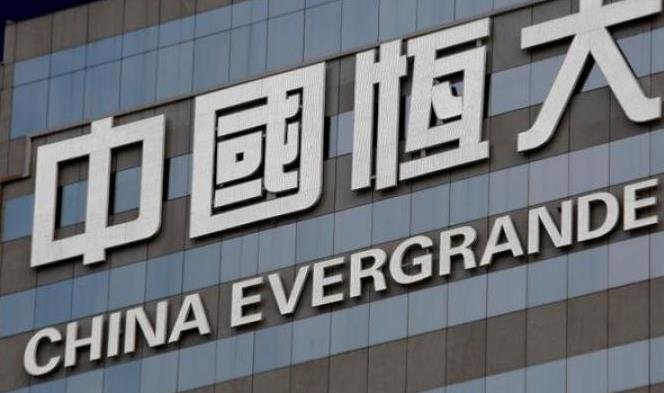Evergrande Group is one of China’s largest property developers, with more than 1,300 projects across the country. It also has interests in other sectors, such as electric vehicles, sports, and health care. However, the company is faced with more than $300 billion in debt, hundreds of unfinished residential buildings and angry suppliers who have shut down construction sites. The company has even started to pay overdue bills by handing over unfinished properties.
The root of Evergrande’s problems lies in its aggressive expansion strategy, which relied heavily on borrowing from banks, bond markets, and shadow lenders. The company also offered generous financing schemes to homebuyers, creating a huge liability on its balance sheet. Evergrande’s troubles were exacerbated by a slowdown in China’s property sector and regulators’ efforts to put brakes on property developers borrowing excessively.

How is Evergrande affecting China’s economy and financial system?
Evergrande’s debt crisis poses a serious threat to China’s economy and financial system, as it could trigger a wave of defaults and contagion among other developers, banks, and investors. The property sector accounts for about 25% of China’s GDP and 80% of household wealth, according to some estimates. A collapse of Evergrande could undermine consumer confidence, reduce spending, and drag down economic growth.
Evergrande is also a major borrower in China’s bond market, both onshore and offshore. The company has missed several interest payments on its bonds since September 2021, raising the risk of cross-defaults and legal actions by creditors. Evergrande’s bonds have plunged in value, eroding the value of its assets and collateral. The company’s woes have also spilled over to other Chinese developers, who have seen their borrowing costs soar and their access to funding dry up.
What is the Chinese government doing to deal with Evergrande?
The Chinese government has adopted a cautious approach to deal with Evergrande, avoiding a direct bailout or takeover of the company. Instead, it has urged local authorities to prepare for possible fallout if the company collapses, and instructed state-owned banks to maintain stable credit supply to the property sector. The government has also encouraged Evergrande to negotiate with its creditors and sell some of its assets to raise cash.
However, the government’s efforts have not been enough to prevent Evergrande’s problems from getting worse. The company’s efforts to restructure more than $300 billion in debt are being complicated by criminal investigations into current and former executives. The New York Times reported that the company’s founder, Hui Ka Yan, is under house arrest and facing charges of fraud and embezzlement. The company’s stock plunged 21% in Hong Kong stock trading on Monday, dragging down the stocks of other Chinese property developers.
What are the implications of Evergrande for the global economy and markets?
The impact of Evergrande’s crisis on the global economy and markets is likely to be limited, as China’s financial system is largely insulated from the rest of the world. The exposure of foreign investors and banks to Evergrande is relatively small, compared to the size of China’s economy and debt market. Moreover, most of Evergrande’s debt is denominated in yuan, which reduces the risk of currency fluctuations.
However, some analysts warn that Evergrande could still pose a systemic risk if it triggers a disorderly default or a loss of confidence in China’s property sector. This could have spillover effects on other emerging markets, commodity prices, and global trade. Furthermore, Evergrande’s crisis could also affect the geopolitical dynamics between China and the US, as it could weaken China’s economic strength and influence.
